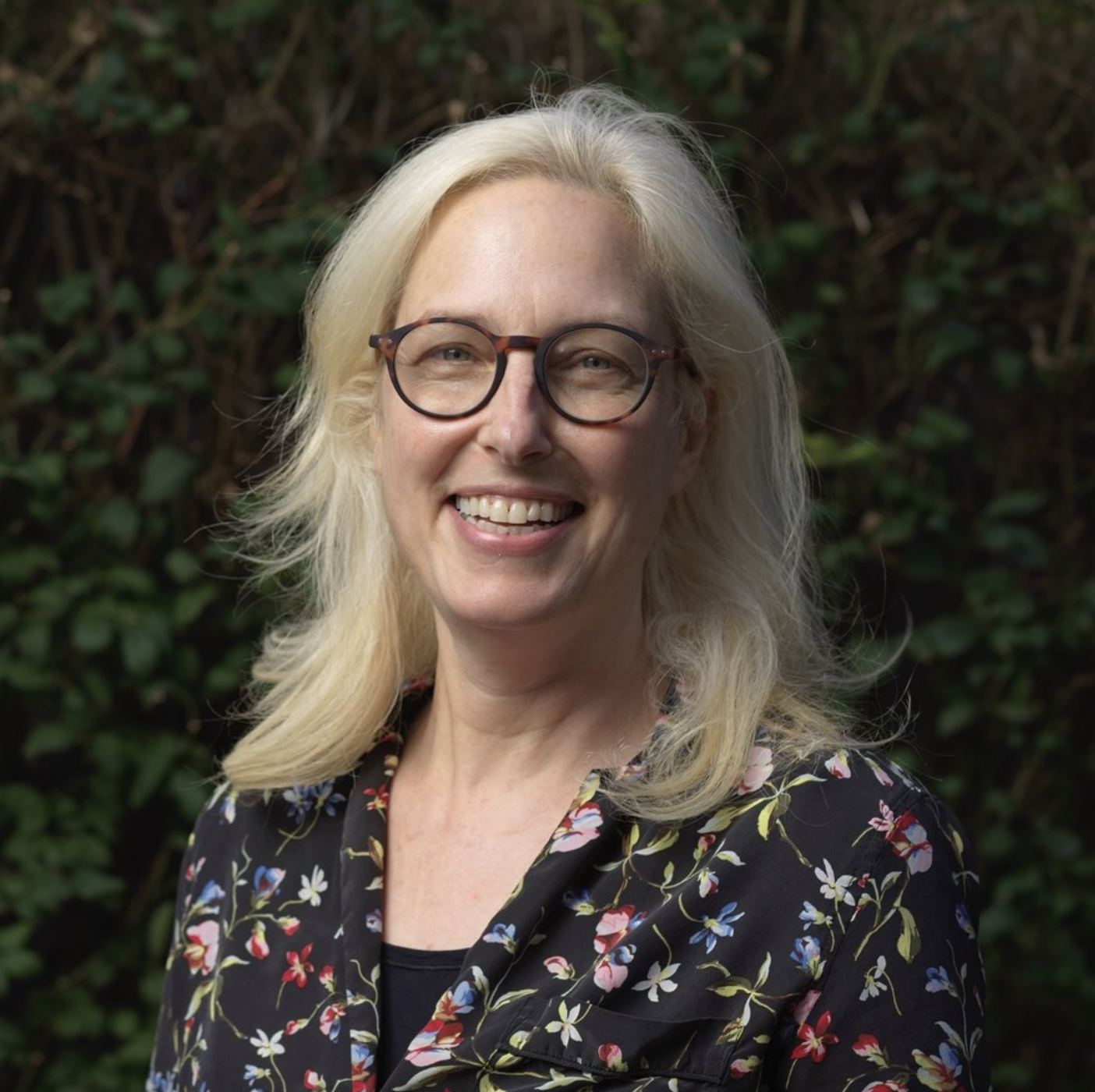ExtraCurriculars that Suffocate Kids
Our generation of parents is obsessed with extracurricular activities. Hours on the soccer field and practicing violin may bring a child a sense of accomplishment and provide a safe, structured activity during the few hours of the day when not occupied with sitting at school desks. But is that the best way for children to spend their free time during a very short childhood?
If we are fortunate enough to live until eighty, we calculate that one quarter of our lives is spent in childhood, a time for knowledge absorption, imagination cultivation, social jousting and friendship bonding. Throughout the process, the foundational bricks of our personalities are cemented within us.
So how much time do we have to be kids? If children get the ten hours of sleep that are adequate for a minor, then they are awake for fourteen hours. The school day lasts for seven hours. Most kids have a half-hour commute to and from school. After sleeping, school and the commute, young people have six hours of free time. During those six hours, kids eat breakfast and dinner, do homework and prepare for bed. These activities can eat up loads of their free time so that just about three hours a day are left during the week. What is the best way to spend those measly three hours?
Most parents these days would say that the free time should be spent in an activity with set rules that is supervised by a strict, paid and demanding adult such as a coach, tutor or teacher.
If you could go back in time and live your childhood again, would you choose that?
The mind cannot freely wander when kids are staring at the bottom of the pool during swim practice, reading musical notes or repetitively doing drills. These tasks require the imagination to shut down. It's time to follow the rules. Forbid the freedom of your mind. Do not daydream. Do not create something of your own. Practice your Beethoven. Score a goal. The pressure is on to achieve and, kid, you have to satisfy the adults and produce according to the rules.
When children spend their weekends on the travel soccer team or recovering from an injury caused by the repetitive motion of their sport, they are not cultivating their personalities and imaginations.
When a child actor works on a movie or in the theater, society does not consider it child labor even though the little actors spend their precious few childhood hours earning a salary. A child doing extracurricular activities may be on the squash court or practicing piano for twenty-five hours a week. These young actors, athletes and musicians are spending too much time in a state of rigid mind and body control.
When parents encourage their children to become hyperfocused athletes and musicians at a young age, they rob their kids of the freedom to develop without constant adult directives. Let’s lower the intensity of an overly scheduled childhood, eliminate the pressure and bring back the fun of being a kid.
Many parents's tendency to overschedule their children is rooted in a fear that their kids will fall behind, get rejected from college and have it hard. Colleges need to stop this unreasonable demand that students build an extensive resume to get through their doors. When the leadership in higher education changes their admissions criteria, parental anxiety will be reduced and student overscheduling will hopefully cease. Until then, let’s be bold and brave enough to resist conforming to the harried norm. Our happier kids will thank us.

